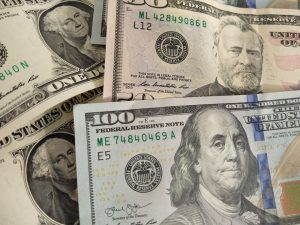Forex options, also known as currency options, are financial contracts that give the holder the right, but not the obligation, to buy or sell a currency pair at a predetermined exchange rate on or before a specific date. These options are a type of derivative instrument, which means that their value is derived from the underlying asset, in this case, a currency pair.
Forex options can be used to hedge against currency risk or to speculate on the future movement of exchange rates. They are particularly useful for businesses that operate in multiple countries and are exposed to currency fluctuations. For example, a multinational corporation that has operations in the United States and Europe may use forex options to protect against losses due to changes in the EUR/USD exchange rate.
Forex options work in a similar way to other types of options. The holder of a forex option has the right, but not the obligation, to buy or sell a currency pair at a predetermined exchange rate, known as the strike price. The holder must pay a premium for the option, which is the price of the contract. The premium is determined by several factors, including the current exchange rate, the strike price, the time until expiration, and the volatility of the currency pair.
There are two types of forex options: call options and put options. A call option gives the holder the right to buy a currency pair at the strike price, while a put option gives the holder the right to sell a currency pair at the strike price. If the holder of a call option exercises their right to buy the currency pair, they will make a profit if the exchange rate is higher than the strike price. If the holder of a put option exercises their right to sell the currency pair, they will make a profit if the exchange rate is lower than the strike price.
Forex options have several advantages over other types of forex trading. First, they offer limited risk since the holder only pays the premium for the option, rather than having to put up the full amount of the trade. This means that traders can limit their losses if the exchange rate moves against them. Second, forex options offer flexibility since they can be used to both hedge against currency risk and to speculate on the future movement of exchange rates. Third, forex options offer leverage since traders can control a large amount of currency with a relatively small investment.
However, forex options also have some disadvantages. First, they can be more expensive than other types of forex trading since traders must pay a premium for the option. Second, forex options can be complex and difficult to understand, particularly for novice traders. Third, forex options have a limited lifespan, which means that traders must be correct in their predictions about the future movement of exchange rates within a specific time frame.
In conclusion, forex options are a useful financial tool for businesses and traders who want to hedge against currency risk or speculate on the future movement of exchange rates. They offer limited risk, flexibility, and leverage, but also have some disadvantages, including higher costs and complexity. As with any financial instrument, traders should carefully consider their options and risks before investing in forex options.





